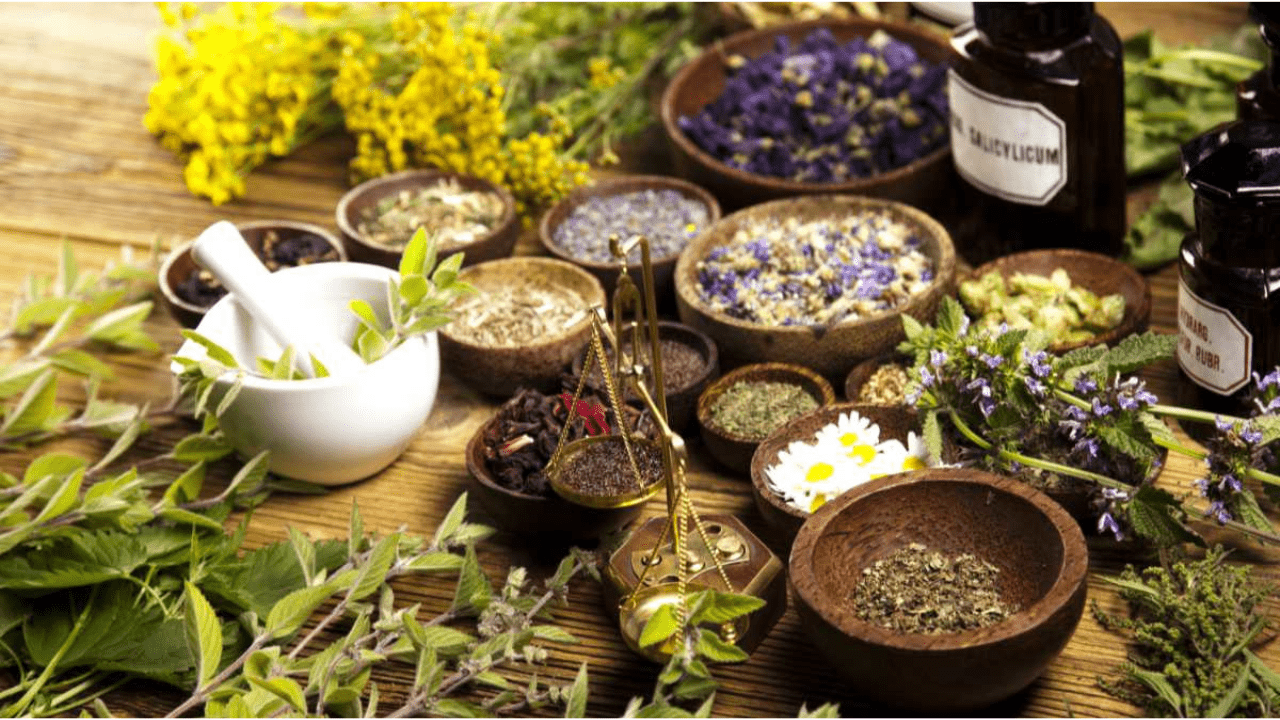
Herbal Medicines
Herbal medicine is a form of natural medicine that uses plants and plant extracts to support health and treat specific conditions. It is one of the oldest forms of healthcare in the world and has been used for centuries by many different cultures. Today, herbal medicine is used by people all over the world as a safe and effective alternative to conventional medicine.
Herbal medicine works by harnessing the natural healing properties of plants. Different plants have different medicinal properties, and herbalists are trained to select the appropriate plants for specific health concerns. Herbs can be used in a variety of forms, including teas, tinctures, capsules, and creams.
One of the main benefits of herbal medicine is that it is generally safe and has few side effects. Many herbs have been used for centuries with minimal negative reactions reported. However, it is important to use caution when using herbal remedies, as some herbs can interact with medications or have other contraindications. It is always best to consult with a trained herbalist or healthcare provider before starting an herbal regimen.
Herbal medicine is often used to treat a wide range of conditions, including:
- Stress-related conditions, such as anxiety and depression
- Hormonal imbalances, such as menopause-related symptoms and PMS
- Digestive issues, such as constipation, diarrhea, and irritable bowel syndrome (IBS)
- Skin conditions, such as acne and eczema
- Sleep disorders
- Allergies and sensitivities
Herbal medicine can also be used to support overall health and well-being. Many herbs have immune-boosting properties, and can be used to support healthy aging and maintain overall health.
Herbal medicine can be an effective and safe alternative to conventional medicine. It is important to consult with a trained herbalist or healthcare provider before starting an herbal regimen, and to use caution when using herbal remedies. With the guidance of a qualified practitioner, herbal medicine can be a valuable addition to a healthcare routine.
-min.png)
-min.png)
-min.png)

 Chat Now
Chat Now

